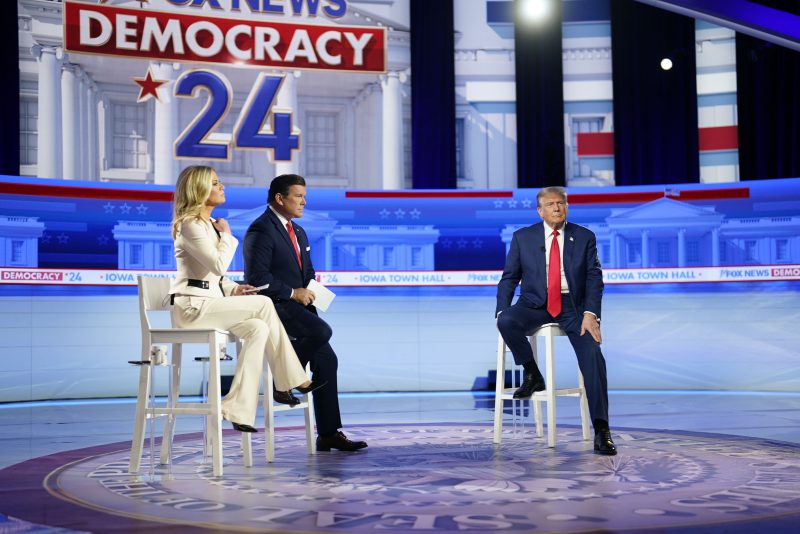In a digital world saturated with news sources vying for attention, the concept of trust has become a critical element in determining the credibility of news outlets. A recent study conducted by the Pew Research Center revealed a fascinating discrepancy between who Americans trust for news and where they actually consume their news. This disparity highlights the complex relationship between trust and media consumption habits in modern society.
According to the study, Americans primarily place their trust in national and local news organizations when it comes to receiving reliable and accurate information. These traditional news outlets, such as CNN, NBC, The New York Times, and local newspapers, have long been regarded as reputable sources of news by the general public. Their established credibility, adherence to journalistic ethics, and professional standards have contributed to their status as trustworthy news providers.
However, despite expressing a preference for established news organizations, many Americans turn to a variety of alternative sources for their news consumption. Social media platforms, online news aggregators, and partisan news websites have gained popularity in recent years as alternative sources of information. These sources offer a diverse range of perspectives and cater to specific interests and ideological leanings, providing audiences with news that aligns with their preferences and beliefs.
The study found that while Americans trust traditional news organizations, they often seek out news from sources that may not prioritize accuracy and objectivity to the same extent. Social media platforms, in particular, have come under scrutiny for their role in disseminating misinformation and fostering echo chambers where individuals are exposed to limited viewpoints.
The discrepancy between who Americans trust for news and where they actually get their news raises important questions about the impact of media fragmentation on public discourse and democratic society. As audiences increasingly turn to alternative sources for news consumption, the challenge lies in discerning between credible information and misinformation in an era of information overload.
To address this challenge, media literacy and critical thinking skills become essential tools for navigating the ever-evolving media landscape. By developing a discerning eye for reliable sources and fact-checking information before sharing it, individuals can help combat the spread of misinformation and uphold the integrity of news consumption.
In conclusion, the discrepancy between who Americans trust for news and where they get their news sheds light on the evolving nature of media consumption habits in the digital age. While traditional news organizations continue to be viewed as trustworthy sources of information, the rise of alternative news platforms presents new challenges in ensuring accuracy, objectivity, and accountability in news reporting. By fostering a culture of media literacy and critical thinking, individuals can navigate the complex media landscape and make informed decisions about the sources they trust and the news they consume.
